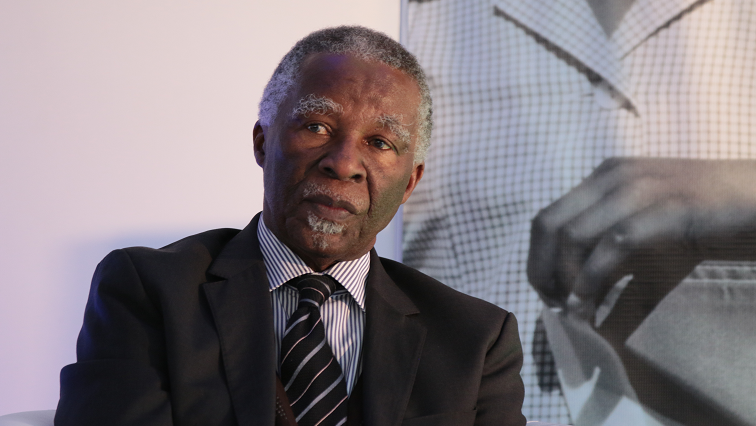KCB Group spent the most in meeting interest expenses on customer deposits at Sh41.8 billion with Equity in second place with payments of Sh33.4 billion to the term depositors.
Nine of the 10 banks raised their interest payments apart from Standard Chartered Bank Kenya, which held the costs flat at Sh2.6 billion to signal the lenders ability to keep deposit costs in check against rising interest rates.
The higher depositors payout has been largely attributed to rivalry among banks for term deposits, which are usually mainly sourced from high-net-worth individuals and corporate customers.
The nature of banking sector deposits in Kenya is that the biggest competition for the funds comes from other banks. Banks have been raising returns on customer deposits to increase their deposits from within the industry, Standard Investment Bank research analyst Wesley Manambo observed.
Higher interest rates on customer loans and advances across 2023, which was partly supported by the implementation of risk-based pricing nevertheless ensured that commercial banks remained flush with cash to meet the costlier deposits.
By the end of last year, commercial banks such as Equity Bank charged as much as 26 per cent for loans advanced to its riskiest customers. The steeper cost of loans served to maintain lending margins for banks even as deposit costs soared.
According to data from the Central Bank of Kenya, the average commercial bank lending rate peaked at 15.2 per cent in January 2024, in contrast to 12.77 per cent a year prior.
Stiffer competitionAt the same time, the mean fixed deposit rate touched 10.18 percent from 7.47 percent previously.
This implies an interest rate spread of 5.02 percent in January this year- the difference between the average lending rate and deposit rate, down from a slightly wider margin of 5.3 percent in January 2022.
Over the long term, commercial banks could face stiffer competition for customer deposits outside of themselves as other asset classes go mainstream.
For instance, collective investment schemes such as money market funds, Treasury bills, and bonds have emerged as alternatives to retail investors seeking cash or near-cash options.
For instance, retail investor holdings of government domestic debt have recently trounced total holdings by insurance companies and parastatals at 12.52 percent.
This places retail behind only pension funds and banking institutions as holders of the State domestic debt.
The push for higher returns by this class of investors could over time see alternative investments wrestle it out with banks for customer deposits.
In the long run when demographics change, the nature of deposits will also change as Kenya becomes a sophisticated market where banks would face quite the competition, added Mr. Manambo.
In advanced economies such as the US, lenders have been losing deposits to alternative investment options such as money-market mutual funds in recent years.


